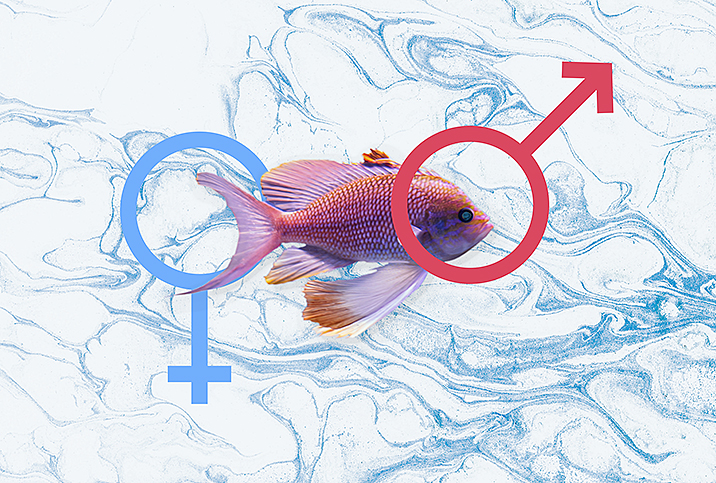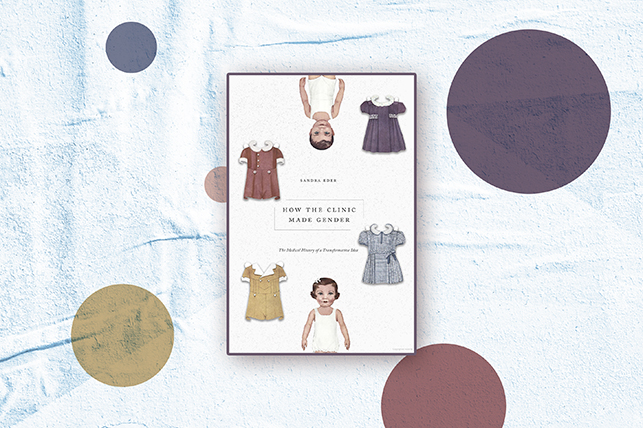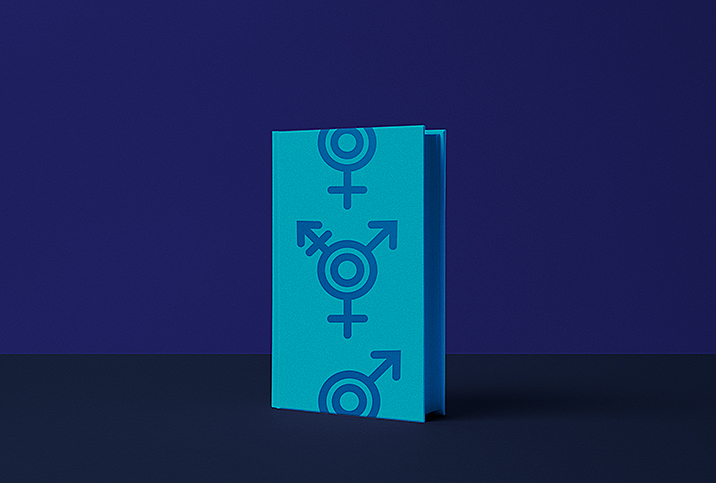What Does It Mean To Embrace Your Inner Abrosexual?

Abrosexuality is an important part of the sexuality spectrum. It even has its own flag, which features five horizontal stripes in various shades of green, pink and white.
However, it remains less well known compared with other sexuality types.
What is an abrosexual?
An abrosexual is defined as a person with sexual fluidity in terms not only of whom you're attracted to but also how much you are attracted to them.
"Abro" has Greek roots, meaning "delicate" or "graceful," and is used by members of the LGBTQ+ community to demonstrate the fluidity of this sexuality. It's still a fairly new term that traces its online origins back to internet forums from 2013.
"This term recognizes the diversity of human sexuality," said Martha Tara Lee, D.H.S., relationship counselor and clinical sexologist at Eros Coaching, based in Singapore. "Abrosexuality is not widely recognized or studied within mainstream scientific research and there is limited academic literature on the topic."
'The best way to support someone in their identification journey is to validate their sexuality.'
As a result, there is ongoing discussion and debate within the LGBTQ+ community about what abrosexuality means.
"It's often used interchangeably with other terms such as 'fluid sexuality,' 'sexual fluidity' and 'greysexuality,' said Kalley Hartman, LMFT, a marriage and family therapist, as well as the clinical director at Ocean Recovery in Newport Beach, California. "It is important to note that abrosexuality is not the same as bisexuality or pansexuality, which refer to attraction to two or all genders respectively."
Abrosexuality is a huge topic online
This lack of information can make it more difficult for abrosexuals and their partners to understand their place on the LGBTIA+ spectrum. However, there are passionate discussions on Reddit and TikTok that are gaining traction. One TikTok video on abrosexuality received 1.4 million views and thousands of comments.
Eleanor Doughton, a data analyst and cultural anthropology major at Arcadia University, who lives in Reading, Pennsylvania, authored a paper on the experiences of abrosexual individuals on TikTok, which drew on her own experiences. In it, she explained having to go through many different labels of sexualities before finding something close to describing herself.
"I previously identified as heterosexual, followed by asexual, demisexual and pansexual before I found abrosexual," she said.
For her research, she analyzed TikTok videos from the abrosexual community.
Doughton said her results were mixed as the social media app does provide "community-based support." However, she also said "experiences with microaggressions are frequent and should not be ignored."
How can I navigate my own abrosexuality?
While any sexual preference has the potential to be fluid, abrosexuality can change quickly, which can happen innumerable times throughout a person's life.
"Like most sexualities, there are spectrums and many abrosexuals are unique in the intersection of their preferences," said Nicoletta Heidegger, MFT, a sex therapist and sexologist based in Los Angeles.
Heidegger offered this advice for navigating your abrosexuality:
- Ask yourself questions about monogamy and your preferences around that.
- Find a sex-positive therapist to help unpack any feelings of shame and to help you figure out your needs and boundaries.
- Look for meetups, books, articles and podcasts to help you connect to others as a community is key to combatting minority stress (concerns associated with being in a minority community).
- Try to gain more insight and understanding of your desires and patterns.
It's essential to have an idea of who you are because being too attached to a certain sexuality or level of libido can affect your sense of identity, said Heather Shannon, LCPC, a licensed clinical counselor and AASECT-certified sex therapist who is based in Puerto Rico.
"The more you can hold loosely to labels and ideas about who you are and notice your attractions and desires without judgment, the better," she added.
How can I discuss being abrosexual with others?
It's vital to know and discuss what abrosexuality means so that when potential or current sex and dating partners are told about it, they can understand what it entails.
Hediegger offered advice for discussing the topic, such as:
- If abrosexuality feels core to your identity, then it may be key to have these conversations early on in a potential relationship.
- Look for people also in the community or for people at least have knowledge, or a willingness to learn about this orientation.
- Try to get more in touch with and comfortable with this part of yourself by finding a community that can help you practice discussing these topics.
How can partners understand my sexuality?
Anyone in a relationship could be confused or feel rejected if their abrosexual partner has high levels of sexual energy toward them for the longest time, only for those feelings to rapidly fade or for them to switch preferences.
However, just because someone is abrosexual, that doesn't mean they're necessarily "abroromantic" about who they want to be in a relationship with.
"Thus, your romantic interests may stay the same while your sexual interests may vary," Heidegger said.
While upsetting partners is an inevitable consequence of any relationship, committing to communicating our needs, desires and boundaries can be the key to keeping it healthy.
"Dating your species"—the concept of a person seeking out a partner who is interested in similar alternative relationship structures—can be a concept for people to use, she added.
While that can work for some couples, it doesn't have to be that way. If a potential partner approaches dating an abrosexual with openness, curiosity and a willingness to explore different aspects of themselves, it can be a fulfilling experience, Shannon said.
"Non-monogamy can work well in this scenario because different preferences and levels of desire can be accommodated by other partners," she said.
Ethical abrosexuality
The ethical implications of abrosexuality are similar to any relationship. They primarily involve consent, communication and mutual respect, Lee said. Communicating the fluidity of your attractions means potential partners can make informed decisions about what it entails.
"If you're dating or married to an abrosexual that could mean that the relationship goes through different phases," Shannon said. "It's vital to address compatibility from the start because if you are someone who requires routine and consistency, being with an abrosexual could be more difficult."
Support for the abrosexual community
Lee noted the way we understand and define human sexuality is rapidly evolving, and more studies and case reports will increase our knowledge of abrosexuality.
"The best way to support someone in their identification journey is to validate their sexuality," she said. "In the meantime, it's crucial to create inclusive spaces that respect and acknowledge the diversity of sexual orientations within the LGBTQ+ community," she said.


















